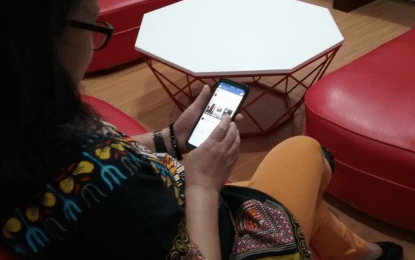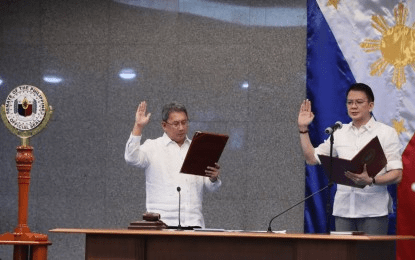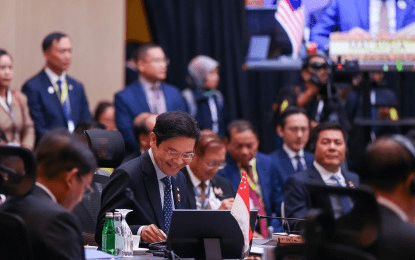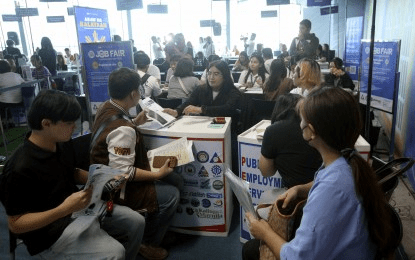By Filane Mikee Cervantes

MANILA – Online misinformation is eroding public trust in traditional news sources across the Philippines ahead of the May 12 elections, according to the results of the latest survey by political consultancy firm Publicus Asia.
The PAHAYAG survey, conducted from March 8 to 12, 2025, found that 68 percent of respondents use internet search engines as their main source of political and current affairs information, followed closely by Facebook at 66 percent and television at 65 percent.
The pollster said mainstream media outlets, despite their continued relevance, are facing declining public trust, largely attributed to the rise of fake news.
“The increasing prevalence of fake news and disinformation has significantly affected public trust in mainstream media. The survey highlights growing skepticism toward news organizations, with many Filipinos questioning the credibility and accuracy of information disseminated by various outlets,” Publicus said in a statement on Monday.
Among the most trusted news sources, GMA-7 remained the most trusted with a rating of 42 percent, down two points from the previous quarter.
The Philippine Daily Inquirer followed at 38 percent, the Philippine Star at 36 percent, and the Manila Bulletin at 35 percent. All saw no change or a slight decline in trust ratings.
ABS-CBN Online dropped five points to 34 percent, while TV5/Interaksyon fell three points to 31 percent.
Other trusted news sources included Bombo Radyo and Newswatch Plus (formerly CNN Philippines), both at 30 percent.
Radio stations dzBB and dzRH, and broadsheet The Manila Times each received 27 percent, according to the survey’s results.
“The survey highlights the challenge facing mainstream media in rebuilding public confidence amid rising concerns over biased reporting, misinformation, and the influence of social media in shaping political discourse. As the country moves closer to the 2025 elections, the role of responsible journalism remains crucial in ensuring an informed electorate,” the pollster said.
The survey also shows that daily media use is dominated by digital platforms –social media leading at 58 percent, followed by television and streaming services at 43 percent each.
Radio and print, meanwhile, are less frequently used for daily consumption.
The survey used purposive sampling of 1,500 respondents drawn from a panel of over 200,000 registered Filipino voters managed by the Singapore office of PureSpectrum, a US-based panel marketplace.
Executive Secretary Lucas Bersamin earlier said it is time to go after individuals who are sources of disinformation and misinformation, as he lamented the “very devastating” impact of fake news.
“It’s not only the Philippines. It’s the entire world that is suffering the brunt of the deceit that is derived from fake news. Napakasaklap. Dapat talaga ma-prosecute iyan (It’s very devastating. Those behind it must really be prosecuted)” Bersamin said.
The National Bureau of Investigation (NBI) has already sought assistance from the International Criminal Police Organization (Interpol) to locate overseas Filipinos spreading false information.
The NBI is currently investigating at least 20 individuals suspected of being part of a coordinated network pushing misinformation and disinformation targeting government officials and political figures.
The Presidential Communications Office is also ramping up its anti-fake news campaign, in line with President Ferdinand R. Marcos Jr.’s directive. (PNA)




